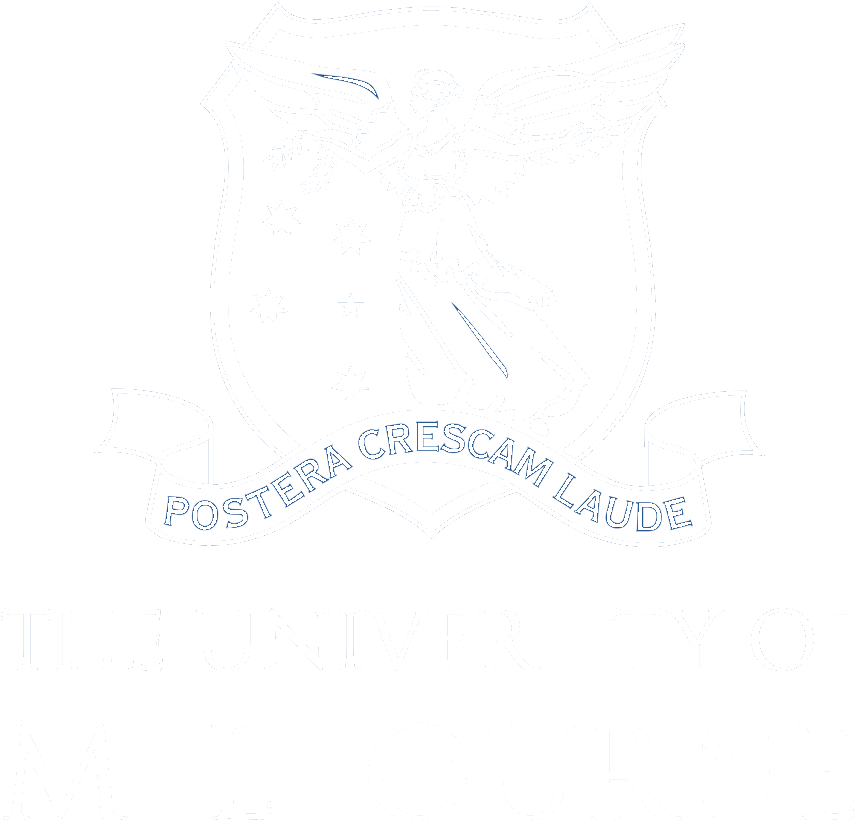A psychologist helps individuals enhance their mental well-being and achieve their full potential in both everyday life and high-performance environments. They provide a safe, non-judgmental space for exploring thoughts, emotions, and behaviours. Through evidence-based interventions, psychologists equip individuals with coping strategies to manage life’s pressures, improve emotional regulation, and foster healthier relationships. In performance settings, they work collaboratively with individuals to address issues like performance anxiety, motivation, and setbacks. With their support, individuals can thrive in even the most demanding environments.
Frequently Asked Questions
A psychologist plays a crucial role in guiding individuals through emotional and mental challenges by teaching strategies for emotional regulation, helping them manage feelings like anger, frustration, and sadness more effectively. They provide practical tools for stress management, aiming to reduce everyday pressures and prevent burnout. In performance enhancement, psychologists utilise mental skills training to boost focus and productivity. They also develop healthy coping mechanisms to support individuals dealing with trauma, loss, or significant life changes, assisting in breaking unhealthy habits and encouraging the formation of positive behaviours.
Beyond these areas, psychologists focus on treating mental health conditions such as anxiety, depression, and stress, offering tailored approaches to promote healing and resilience. They help individuals gain greater self-awareness by guiding them in understanding their thoughts, feelings, and behaviours on a deeper level. In relationships, psychologists work to enhance communication, resolve conflicts, and build stronger interpersonal connections. They also drive personal growth by supporting individuals in setting goals, building self-confidence, and fostering their development, creating a path for a more fulfilling and balanced life.
Frequently Asked Questions
You can privately consult with an accredited psychologist without a referral from a Medical Doctor. If seeing a General Practitioner (GP) and it is determined you could benefit from a Dietitian having input into your health care and plan, the General Practitioner can refer you and at the same time qualify you for a Medicare rebate. Medicare rebates partly reimburse the cost of your consultation. Depending on your level of private health coverage, you may also be eligible for a rebate via your private health insurance company. This cannot be claimed in addition to a medicare rebate.
Our team look forward to working with you to help achieve your goals
Dieticians, are not medical doctors, but are allied health professionals who specialise in nutrition and dietetics. They hold specific university qualifications that are distinct from those of medical doctors, focusing extensively on food, nutrition, and dietary management rather than general medical practice. In a sports medicine facility our dieticians often collaborate closely with our Specialist Sports and Exercise Physicians. Comprehensive teamwork is crucial in addressing the health needs of not just the athletic population, ensuring that nutritional strategies complement medical treatments and interventions, particularly for conditions like musculoskeletal injuries, Relative Energy Deficiency in Sport (RED-S), and gastrointestinal issues such as IBS. This collaborative approach enhances the overall health and performance outcomes for all under the care of our dieticians.
Athletes across various sports, including triathlon, marathon, hockey, equestrian, rowing, and cycling, consult with our dietetics team to develop nutrition plans tailored to the rigorous demands of their disciplines. Additionally, young athletes and those managing specific health conditions, such as Relative Energy Deficiency in Sport (RED-S), eating disorders, and IBS, benefit from our dietetics team input who provide comprehensive and empathetic approach, helping people maintain optimal health and performance.
Dieticians, are not medical doctors, but are allied health professionals who specialise in nutrition and dietetics. They hold specific university qualifications that are distinct from those of medical doctors, focusing extensively on food, nutrition, and dietary management rather than general medical practice. In a sports medicine facility our dieticians often collaborate closely with our Specialist Sports and Exercise Physicians. Comprehensive teamwork is crucial in addressing the health needs of not just the athletic population, ensuring that nutritional strategies complement medical treatments and interventions, particularly for conditions like musculoskeletal injuries, Relative Energy Deficiency in Sport (RED-S), and gastrointestinal issues such as IBS. This collaborative approach enhances the overall health and performance outcomes for all under the care of our dieticians.
The terms “dietitian” and “nutritionist” often cause confusion as they can seem interchangeable, but there are significant differences in terms of their qualifications, regulation, and scope of practice.
Dietitian:
Nutritionist:
In essence, while both dieticians and nutritionists aim to promote health through better eating habits, dieticians are registered health care providers who consult in a regulated and clinical role. Dieticians consult in medical environments where they treat specific health conditions and populations. Nutritionists may also offer valuable dietary guidance but often in less regulated contexts where clinical treatment is not required.















